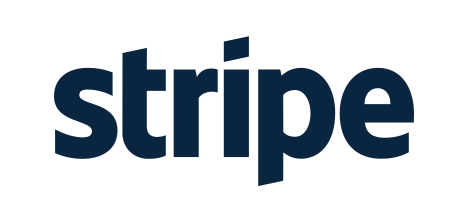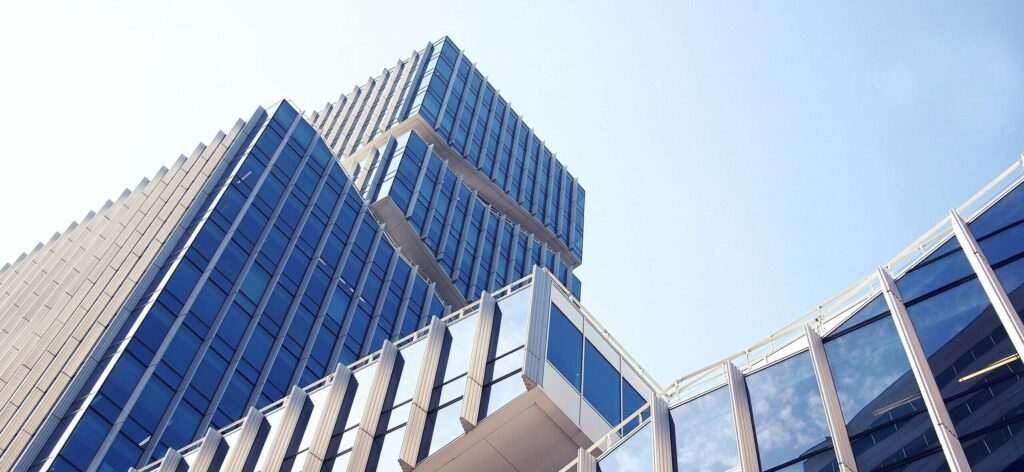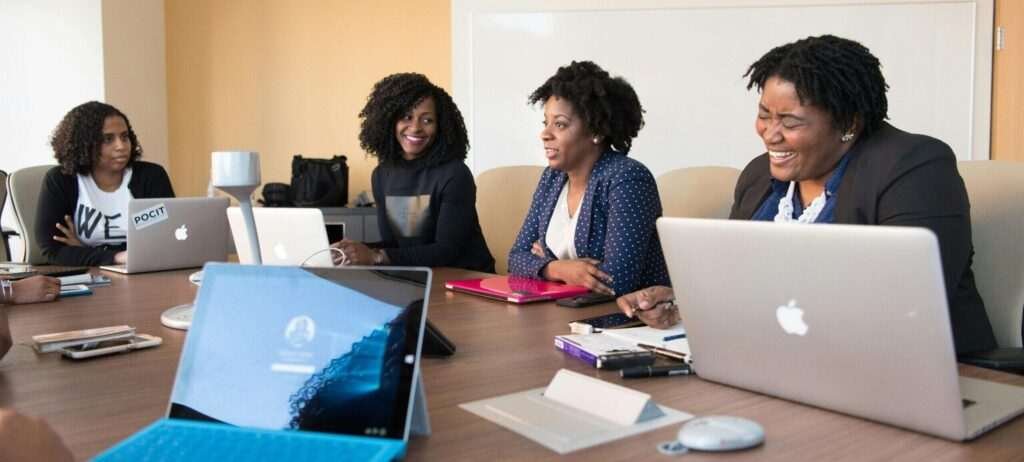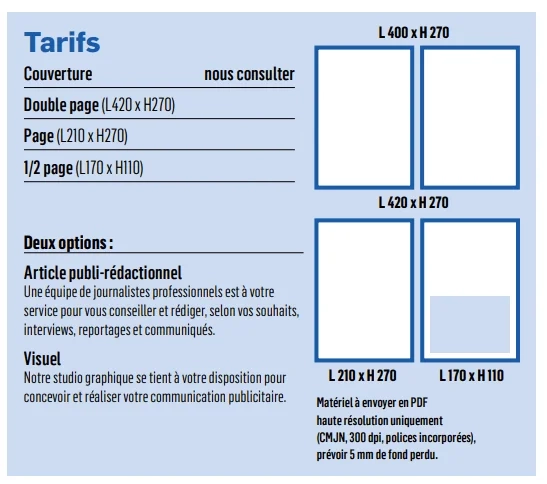
Interview with Nicolas Kazadi, Minister of Finance since April 12, 2021. This economist, who had an intergovernmental career within the United Nations Development Program (UNDP), was previously Ambassador-at-Large for the President of the Democratic Republic of Congo.
What is the roadmap for reforms in the DRC adopting the criteria and indicators established by the American Millennium Challenge Corporation (MCC) program?
As you know, the United States supports the DRC in various programs, including health, education, and humanitarian aid, notably through USAID. Moreover, the DRC has been declared eligible for the MCC funding process. This process allows the DRC to self-assess and work against criteria considered standard, with a view to sustaining reform efforts in various sectors of national life. This commitment was made at the highest level of the country by His Excellency the President of the Republic, during the 62nd meeting of the Council of Ministers.
Regarding the roadmap for reforms, it is important to note that the MCC reforms are aligned with the reference documents defining the State's priorities, including the National Strategic Development Program (PNSD 2019-2023), in particular through the strengthening of good governance, restoration of State authority and consolidation of Peace (pillar 2) and the consolidation of economic growth, diversification and transformation of the economy, in particular through sectoral inclusion and inclusive growth (pillar 3). In addition, they are in line with the Government Action Program (PAG 2021-2023), in this case in the areas of strengthening State authority, promoting the rule of law and democracy: governance, security reform, improvement of the country's brand image and its communication (pillar 2); fight against corruption and economic crimes (pillar 4), improving the governance of natural resources, businesses and public finances (pillar 5), improving the business climate and entrepreneurship (pillar 6) and social conditions: health, education, etc. (pillars 11).
The Government of the DRC is resolutely committed to putting an end to decades of poor governance, as evidenced by the increased mobilization of internal resources, the improvement in the growth rate since 2021 which makes it the best performing in Sub-Saharan Africa, the fight against corruption, etc.
After a hiatus of more than nine years, in July 2021 you concluded a new economic program with the International Monetary Fund (IMF) with a total budget of $1.52 billion. How is this program taking shape?
The Bretton Woods institutions, including the IMF, are strategic partners of the DRC. We have significantly improved our relations with the DRC, which has enabled it to mobilize the financial resources needed for its development.
The Government's Economic Program concluded with the IMF has enabled the country to mobilize more than USD 1.5 billion, the successive disbursements of which contribute to easing our balance of payments. This Program serves as a catalyst for mobilizing both public and private financial resources necessary for macroeconomic stability and development projects and programs in the DRC. In addition, the DRC has benefited from USD 1.5 billion under the IMF's new allocation of SDRs as well as facilities under the Debt Service Suspension Initiative.
In this context, the country allocation for the DRC with the World Bank has increased considerably and is geared towards structuring projects. Thus, budgetary support of 500.0 million was released for the DRC, the first in more than 15 years.
To date, more than USD 7.0 billion has been mobilized since the conclusion of this program, and the country enjoys considerable credibility. Thanks to this program, investment and social sector spending have significantly increased, with completion rates of more than 1,501,000. This is the beginning of a new process that supports our efforts.
In terms of the results, it is worth noting: the improvement of the country's competitiveness; the attraction of foreign investment; the improvement of the country's signature, improved with the S&P rating going from "CCC+/C" (substantial risk, poor economic condition) to "B-/B" ("Highly speculative/risky", with stable outlook). The DRC thus joins the club of African countries rated "B-" by the agency, including Nigeria and Cameroon; the consolidation of macroeconomic stability (consolidated stability):
– Economic growth increased from 1.7% in 2020 to 8.5% at the end of 2022;
– The inflation rate going from 15.6% in 2020 to 13.1% in 2022;
– Foreign exchange reserves reached USD 4.6 billion in 2022 compared to USD 708.89 million in 2020 and USD 1.1 billion in 2019.
In the area of public finance management, considerable progress has been noted, particularly in the increased mobilization of public resources, the financing of priority actions of the Government, the implementation of important tax reforms as well as the rationalization of public expenditure in favor of that linked to investments.
Where is the restructuring of the Central Bank?
The restructuring of the Central Bank of Congo has seen significant progress since the promulgation of Organic Law No. 18/027 of December 13, 2018, on the organization and operation of the Central Bank of Congo. This Law strengthens the independence of the Central Bank in the conduct of monetary policy, specifies its missions, particularly in terms of monetary stability and banking sector oversight, establishes new governance, and sets the level of capital and equity in order to preserve its financial autonomy.
Thus, the new Central Bank Council was formed in 2021 with the appointment of a Governor, two Deputy Governors and eight Directors.
Regarding recapitalization, the memorandum of understanding on the regularization of the Central Bank's claims on the Public Treasury was signed on December 28, 2021, allowing the BCC to have stable monthly revenue flows for its operations.
Regarding the constitution of the capital fixed in the Organic Law, the report relating thereto was approved by the Bank Council and transmitted to the Ministry of Finance for examination before its adoption by the Council of Ministers.
In order to accelerate development, do you encourage Public Private Partnerships (PPP)?
The Public-Private Partnership policy is currently being developed. A review of all previous PPP projects is being carried out with a view to formulating the national PPP policy, along with an action plan in line with the IMF's observations.
Furthermore, the main achievement in the PPP field is the establishment of the legal and regulatory framework. In this regard, the country adopted a PPP law in 2018 and the PPP Coordination Unit (UCPPP) was established. The facilitators of this structure have been appointed, and the action plan for 2023 will be available by the end of February.
Finally, the Ministry of Planning has just technically finalized the development of the revised PNSD 2023-2027, of which the PPP is planned as an innovative instrument for financing the development of basic infrastructure.
















 A Seat That Transforms into a Bed
A Seat That Transforms into a Bed  In the world of air travel, economy class is often considered the most affordable option. However, at Air Afrika, we believe that affordability shouldn't mean compromising on quality of service. Our class
In the world of air travel, economy class is often considered the most affordable option. However, at Air Afrika, we believe that affordability shouldn't mean compromising on quality of service. Our class









